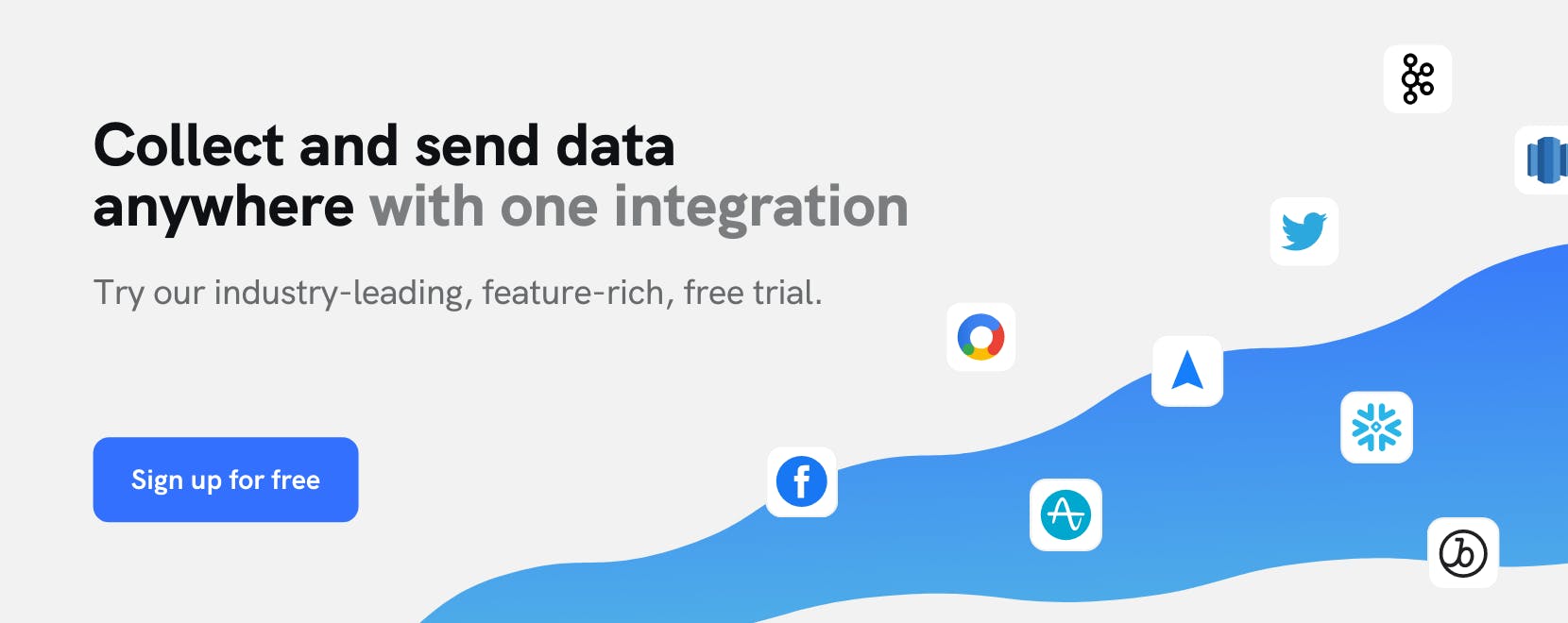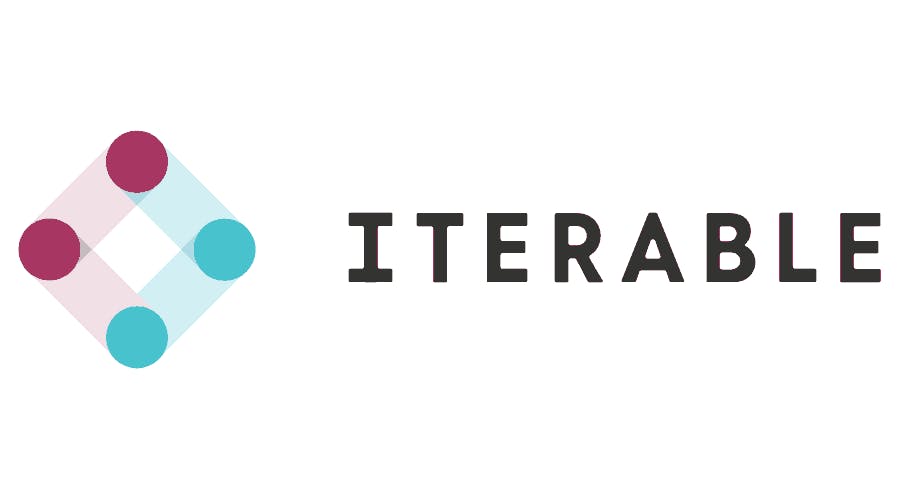Use Cases
Nurture ecommerce customers with Iterable

Every online business wants to stay top-of-mind with shoppers and build a base of loyal, repeat customers. But as more retailers open their digital doors each day, the ecommerce landscape is becoming increasingly competitive.
In research conducted by Epsilon that surveyed 1,000 consumers ages 18-64, 80% of respondents indicated being “more likely to do business with a company if it offers personalized experiences,” and 90% stated that they find personalization “appealing.” This makes it clear that delivering personalized experiences to your current and potential customers is no longer the icing on the ecommerce cake––it’s the flour that holds it all together.
In this use case, we’ll look at how ecommerce retailers can use mParticle and Iterable together to stay fresh and relevant in the minds of their customers by delivering personalized email nurture campaigns.
Step 1: Use mParticle’s SDKs to collect commerce events across your digital touchpoints
mParticles web SDK provides dedicated commerce APIs that allows you to collect commerce data in a form that you can easily pass to downstream messaging tools. Using this API, you can track full purchase flows from promotions and impressions through multiple checkout steps, log product events like tapping or viewing products, adding or removing products from a cart, and much more, or customize additional product actions that are important to your business goals.
Some mParticle partners track commerce data at a granular level, while others are only interested in collecting a few simple, high-level events. For this use case, we will assume that you are tracking product purchases with mParticle
Step 2: Connect mParticle to Iterable to send events to Iterable in real time
Once you have event collection instrumented across your customer touchpoints, you can enable the integration between mParticle and Iterable.
Step 3: Send customers with personalized follow ups at the right time
As soon as customers begin purchasing products, these purchase events will be sent to mParticle and then to Iterable where you can use them as triggers for personalized transactional messaging. For example, you can use the receipt of the event to send an initial confirmation email, then follow up with thank you and product review emails at different times.
Step 4: Enrich nurture campaigns with product recommendations
As you send more commerce events from mParticle to Iterable, you can use Iterable’s Catalog Tool to build a deeper understanding of your audience and use this intelligence to reach your current and potential customers with targeted nurture campaigns. Use this feature to deliver customer emails highlighting other products your customers may find interesting, or offers and news relevant to their recent purchases.

